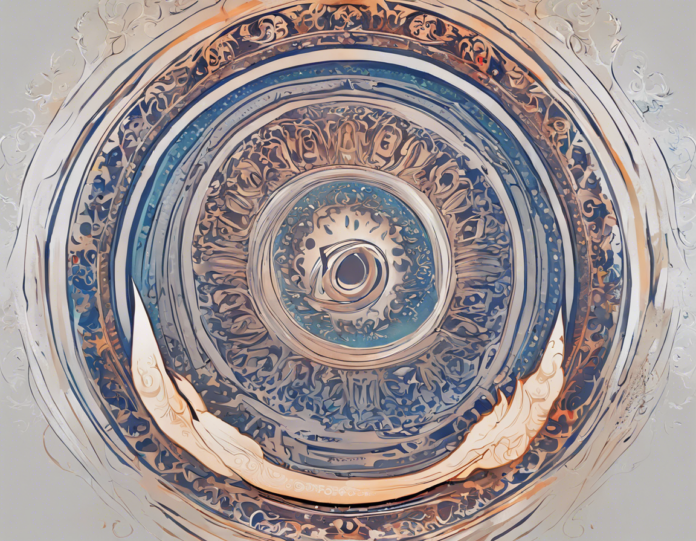The Total Lunar Eclipse, known as Chandra Grahan in Hinduism, is a fascinating astronomical event that captures the interest and imagination of people around the world. In 2023, there will be two lunar eclipses that promise to be awe-inspiring spectacles for skywatchers and astronomy enthusiasts. Let’s delve into the details of the Chandra Grahan 2023 and explore everything you need to know about these celestial phenomena.
Understanding Chandra Grahan:
Chandra Grahan, or Lunar Eclipse, occurs when the Earth comes between the Sun and the Moon, casting a shadow on the lunar surface. There are three types of Lunar Eclipses:
- Total Lunar Eclipse: When the Earth’s shadow completely covers the Moon.
- Partial Lunar Eclipse: When only a part of the Moon enters the Earth’s shadow.
- Penumbral Lunar Eclipse: When the Moon passes through the Earth’s penumbral shadow, causing a subtle darkening.
Chandra Grahan 2023 Dates and Timings:
- Total Lunar Eclipse – May 16-17, 2023:
- This eclipse will be visible from North and South America, Australia, and parts of Asia.
-
The totality phase will last for around 84 minutes.
-
Partial Lunar Eclipse – November 8, 2023:
- This eclipse will be visible from Africa, Europe, Asia, and Australia.
- The partial eclipse will have a duration of about 3 hours and 28 minutes.
Why is Chandra Grahan Significant?
Lunar Eclipses have captivated humans for centuries due to their mystical significance in various cultures and religions. In Hinduism, it is believed that during a Lunar Eclipse, negative energy is at its peak, and rituals like bathing, meditation, and chanting mantras are recommended to ward off evil influences.
Viewing Chandra Grahan Safely:
While Lunar Eclipses are safe to watch with the naked eye, it is crucial to take precautions during a solar eclipse to avoid eye damage. Here are some tips for safe viewing:
- Use specialized solar viewing glasses to protect your eyes.
- Use telescopes or binoculars with solar filters.
- Do not look directly at the Sun during the eclipse.
Myths and Superstitions Surrounding Chandra Grahan:
Lunar Eclipses have sparked numerous myths and superstitions across cultures. In Hindu mythology, the demon Rahu is said to swallow the Moon during an eclipse, giving rise to the belief that food cooked during this time becomes impure. While these beliefs are steeped in tradition, it is essential to approach them with a critical mindset.
FAQs – Chandra Grahan 2023:
-
Q: Can I watch the Lunar Eclipse without any special equipment?
A: Yes, Lunar Eclipses are safe to watch with the naked eye. However, for a Solar Eclipse, special precautions are necessary. -
Q: What should I do during a Lunar Eclipse according to Hindu beliefs?
A: Hindus believe in performing rituals like bathing, chanting mantras, and avoiding cooked food during a Lunar Eclipse. -
Q: When is the best time to view the Lunar Eclipse in my region?
A: The timings of the Lunar Eclipse vary depending on your location. Check a reliable astronomical website for specific details. -
Q: Are there any scientific benefits to observing Lunar Eclipses?
A: Lunar Eclipses provide scientists with an opportunity to study the Moon’s surface and collect data on its composition and characteristics. -
Q: What factors can affect the visibility of a Lunar Eclipse?
A: Visibility depends on atmospheric conditions, including cloud cover, pollution levels, and geographic location.
In conclusion, Chandra Grahan 2023 offers a chance to witness the beauty of celestial mechanics and appreciate the wonder of the universe. Whether you’re a seasoned astronomer or a casual observer, these lunar eclipses are bound to leave you in awe of the cosmos. So mark your calendars, gather your viewing equipment, and prepare for an unforgettable experience under the shadow of the Earth.
